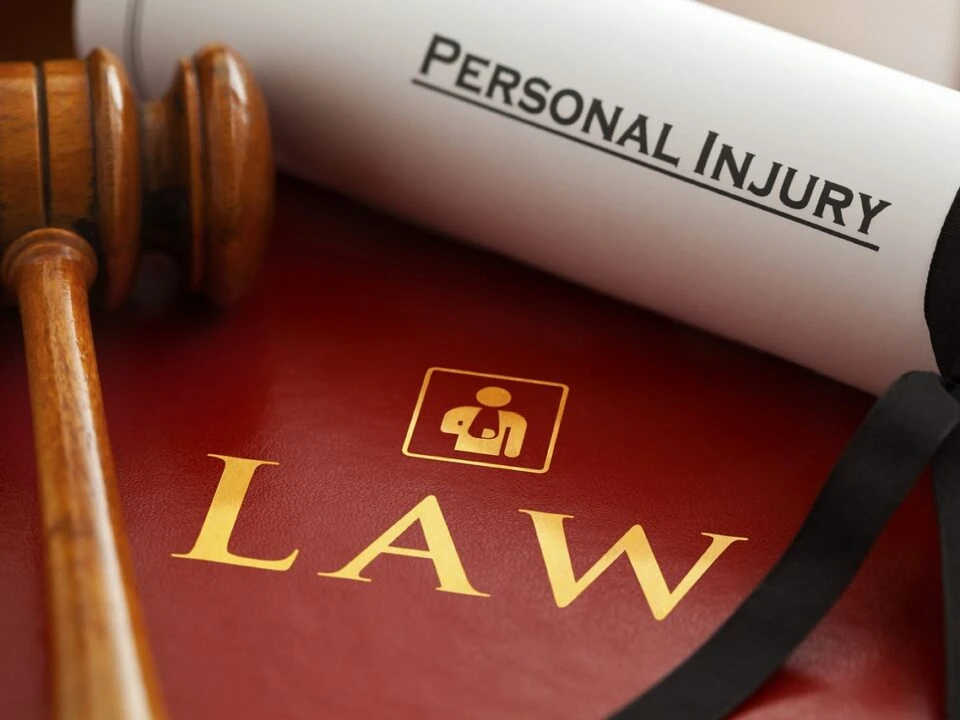
Is Health Insurance Required by Law?
April 17, 2021
Why Legal Translation Is So Important?
April 17, 2021Chapter 7 bankruptcy, also commonly referred to as straight or liquidation bankruptcy is the most common type of bankruptcy filed. As its alternate names allude, through Chapter 7 bankruptcy, a debtor’s assets are liquidated in exchange for the elimination of the majority of their debts. Filing for Chapter 7 bankruptcy can offer a person a much-needed “fresh start.” However, it is important to note that the filing will remain on an individual’s credit report for ten years following the bankruptcy filing. Continue reading this article to learn more about Chapter 7 bankruptcy, its benefits, and who qualifies.
How Does Chapter 7 Bankruptcy Work?
The first step is to file for Chapter 7 bankruptcy. Once bankruptcy is filed, the court places a temporary stay on the debtor’s present debts. The temporary stay bars creditors from collecting payments from the debtor, foreclosing the debtor’s home, turning off the debtor’s utilities, garnishing the debtor’s wages, and evicting the debtor. Instead of the creditor managing the debt, the court now legally possesses a debtor’s property. At this point, a court-appointed bankruptcy trustee is assigned to the bankruptcy case. The trustee is responsible for managing the case and will evaluate the debtor’s finances before liquidating non-exempt assets. The earnings from the liquidated assets will then be used to repay the creditors.
What Are The Benefits Of Filing For Chapter 7?
As previously noted, one of the biggest benefits of filing for Chapter 7 bankruptcy is the court-ordered automatic stay. Debtors can finally receive much-needed breathing room as they organize their financial situation. Also, debtors who file for Chapter 7 will likely be able to retain the majority, if not all, of your belongings. Approximately 96 percent of all Chapter 7 bankruptcies are closed without any funds collected.
Who Can File For Chapter 7 Bankruptcy?
Although Chapter 7 bankruptcy is the most common form of bankruptcy, it is not an option that is available to everyone. Prior to filing for Chapter 7 bankruptcy, it is best to meet with an experienced chapter 7 lawyer to discuss your current financial situation and future financial goals. A few requirements that must first be met to qualify for Chapter 7 bankruptcy include:
- Successfully completing a pre-approved credit counseling course. The course must be completed no more than 180 days before one’s bankruptcy discharge.
- Meeting the financial requirements. There are two tests that are often used to determine whether an individual’s financial situation qualifies for Chapter 7 bankruptcy. These tests are:
- The means test. The means test refers to an evaluation that calculates whether a debtor’s disposable income is able to accommodate partial payments to unsecured creditors. Under the means test, the lower one’s monthly disposable income is, the more likely the individual will qualify for Chapter 7 bankruptcy.
- The average monthly income model. This evaluation method examines a person’s average monthly income from the past half-year to the average median income for a same-sized household in your area. Like the means test, the lower one’s income is, the likelier they are to qualify for Chapter 7 bankruptcy.
- Having not received a recent bankruptcy dismissal. One is unable to file for Chapter 7 bankruptcy if the person had a bankruptcy application dismissed within the past 180 days for:
- Violating a court order.
- Making a fraudulent bank filing.
- Abusing the bankruptcy system.
If you’re seeking legal guidance and assistance regarding Chapter 7 bankruptcy, click for Chapter 7 lawyer at Nahrgang & Associates, P.C. to navigate through the process effectively. If you are facing insolvency, contact a legal expert in your state at your earliest ability.





